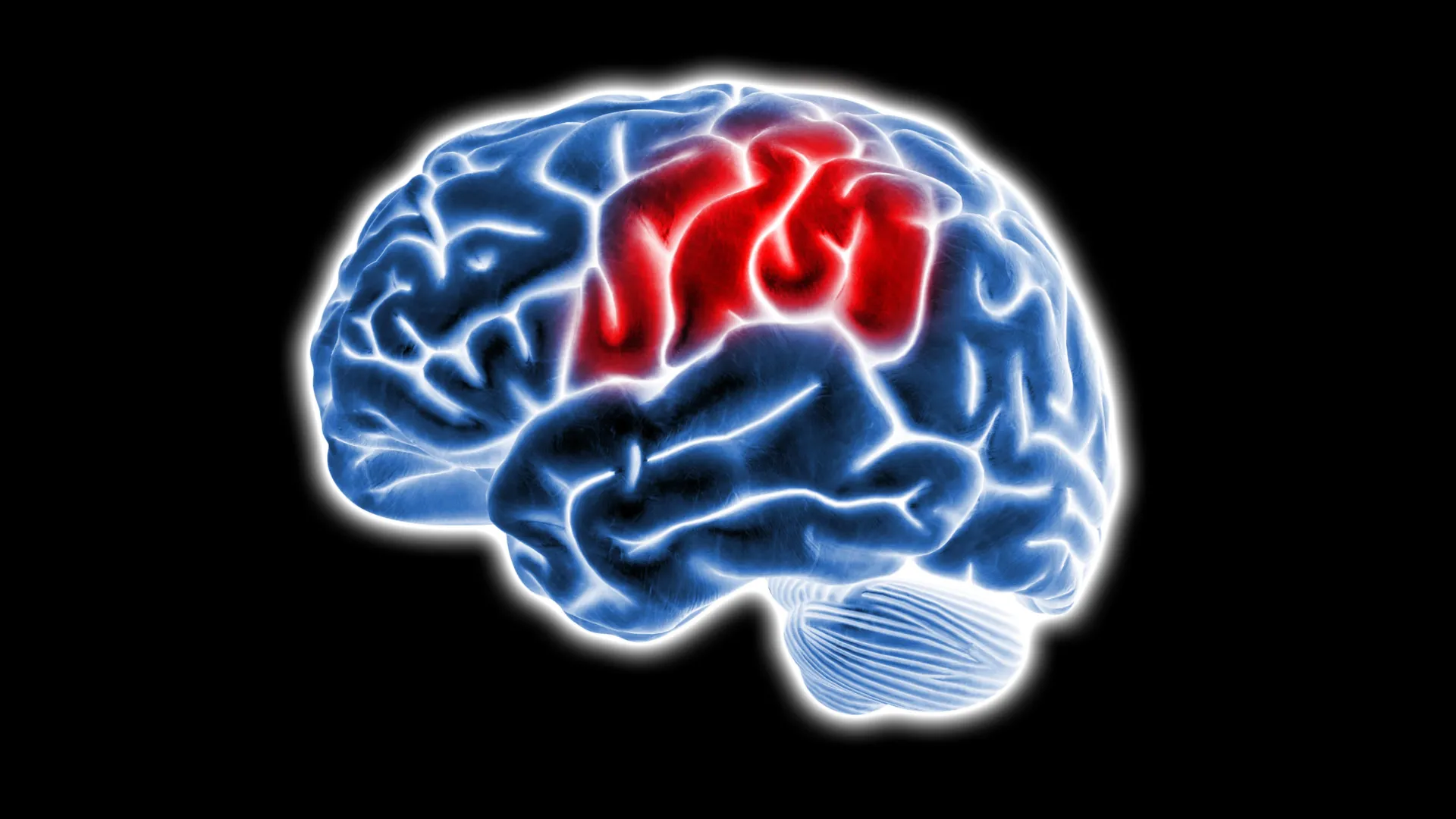Certain brain cells are responsible for coordinating smooth, controlled movements of the body. But when those cells are constantly overactivated for weeks on end, they degenerate and ultimately die. This new observation made by scientists at…
Category: 5. Health
-

Hidden viruses in our DNA could be medicine’s next big breakthrough
You are mostly but not entirely human. If we crunch the numbers, 8 percent of your genome actually comes from viruses that got stranded there. This viral detritus is a souvenir from our evolutionary past, a reminder that viruses have been with us…
Continue Reading
-

Common Heart Attack Drug Found Useless, May Harm Women
New research has found that beta blockers do not benefit most post-heart attack patients and that they may even harm women. The findings were published in the European Heart Journal.
“REBOOT will change…
Continue Reading
-

Beetroot Juice Lowers Blood Pressure in Older Adults
Nitrate-rich beetroot juice lowers blood pressure in older adults, found a new study published in Free Radical Biology and Medicine.
“This study shows that nitrate-rich foods alter the oral microbiome…
Continue Reading
-

Why Alzheimer’s attacks the brain’s memory hub first
One of the first parts of the brain affected by Alzheimer’s disease is the entorhinal cortex — a region that plays a big role in memory, spatial navigation, and the brain’s internal mapping system.
With support from the Commonwealth of…
Continue Reading
-

With Walgreens Exiting Primary Care, VillageMD Has Hundreds Of Sites To Sell
With Walgreens no longer pursuing a primary care strategy under its new owner, VillageMD is looking for new buyers for potentially hundreds of doctor practices and outpatient clinics across the country.
Walgreens Boots Alliance
With Walgreens no…
Continue Reading
-

Oral GLP-1 Pill For Weight Loss Shows Promise, But Challenges Remain
Eli Lilly’s oral pill for weight loss and diabetes demonstrated success in another late-stage clinical trial.
getty
The pharmaceutical giant Eli Lilly announced last week that its investigational drug, orforglipron, proved effective in a third…
Continue Reading
-

How mRNA Vaccine Platform Suffers Mainly From Manufactured Distrust
WASHINGTON, DC: Jayanta Bhattacharya, Director of the National Institutes of Health. (Photo by Andrew Harnik/Getty Images)
Getty Images
Director of the National Institutes of Health, Jay Bhattacharya, recently stated that the mRNA technology…
Continue Reading
-

ChatGPT Parental Controls Will Sound Alert When Child Is Distressed
ChatGPT will alert parents to concerning conversations
getty
OpenAI has announced a series of measures to protect vulnerable users, including ChatGPT parental controls that notify parents when their child is distressed.
Last week, a lawsuit was…
Continue Reading
-

How Are Health Data Priced? Why Health Data Are Like Zika Prevention Programs
An adult female mosquito is seen under a microscope
Getty Images
Imagine pricing a product that spreads on its own and benefits people who never even touch it. That might sound like science fiction, but it’s remarkably similar to the story of…
Continue Reading
